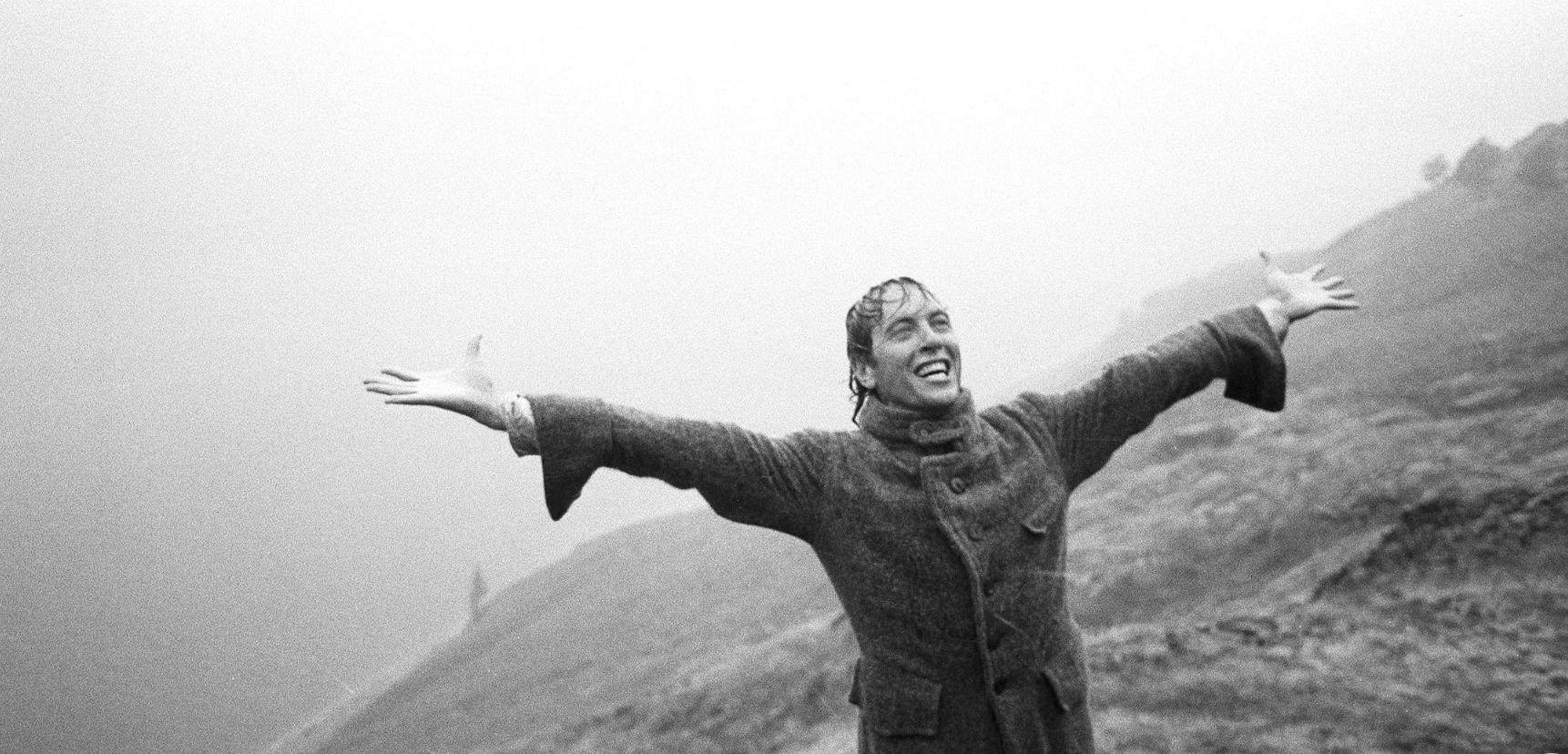Jono Namara on His Favourite British films
I've always thought a great film (or book) recommendation is far better than a gift. Each film has, at one time in my adult life, been recommended to me by a friend or a lover. Why did they feel so compelled to commend those stated below? Did I invoke the essence of a protagonist or a bit-part player? Could I take the titles stated and synthesise a true reflection of what others think of me? Perhaps. Alas, those essays in pop self-psychology are for another time. For now, please find my film recommendations below, a gift to you from me.
The Cook, the Thief, His Wife & Her Lover (1989) Dir. Peter Greenaway
The titular tongue-twister The Cook, The Thief, His Wife & Her Lover is Peter Greenaway's most accessible work to date. The Thief is gangster-cum-haute cuisine restaurateur Albert Spica, played with bombastic malevolence by Sir Michael Gambon. Spica is wretched and barbaric, with much of his derision focused upon his customers, nefarious acquaintances, and his long-suffering yet resolute wife, Georgina (Dame Helen Mirren). The Wife embarks on a tryst with Her Lover, the meek and genteel bookseller Michael, the antithesis of The Thief.
The couple's steamy rendezvous are presided over by The Cook. What unfurls over the two-hour screen time is astonishingly extravagant, visually elegant, and yet utterly revolting.
Greenaway uses long dolly shots to seamlessly sweep between the action and the various colour-infused sections of the restaurant: spotless white for the modernist bathroom, cardinal red for the opulent dining room, and green for the vaulted cookhouse.
Much in the same way that Kubrick's A Clockwork Orange and Pasolini's Salo or The 120 Days of Sodom are grotesque caricatures of human depravity to be peered at through clasped fingers, The Cook... invokes much the same guttural reaction. We want to turn away from sheer revulsion, but that primordial inquisitiveness kicks in — simply put, we can't.
Withnail & I (1987) Dir. Bruce Robinson
"We've gone on holiday by mistake," decries a rain-soaked Withnail to a bewildered farmer in Bruce Robinson's black comedy.
Withnail & I could be described as a classic road trip to the English countryside gone wrong, and yet much like the grime-encrusted surfaces in the out-of-work actors' grotty Camden abode, what lies brimming beneath its exterior is far more fascinating. At its heart, Withnail & I is a love letter to a bygone era: the end of the sixties, the demise of counter-culture, and a shift into a far more steely, self-serving plutocratic age. But on a more poignant level, Robinson portrays the death of unfettered youth and, with it, an apparition of friendship that has ultimately run its course. Robinson knows this all too well, as the 'I' character — also known as Marwood in the original script (Paul McGann) — is semi-autobiographical, and Withnail (Richard E. Grant) was loosely based on a real-life Byronesque flatmate who passed in relative obscurity, Vivian MacKerrell.
Outside the trappings of Austen period dramas, the English countryside rarely gets a look-in, yet Withnail & I bursts with undulating Cumbrian vistas, rutted muddy fields, and one or two goatish bulls.
With a script as sharp as a cat's claws on vinyl, Withnail & I offers quotable, audacious retorts that seer into the hippocampus. From the opening bars of a live rendition of Whiter Shade of Pale to Withnail's final melancholic Hamlet recital, Withnail & I offers a maudlin romp through the unreachable nostalgia of lost youth.
Barry Lyndon (1975) Dir. Stanley Kubrick
Kubrick adapted Barry Lyndon from The Luck of Barry Lyndon, a novel by William Makepeace Thackeray. It follows the life and exploits of an Irish rogue and opportunist who, after a successful military career in the Seven Years' War, attempts to climb 18th-century British hierarchy by marriage to a late widow, Lady Lyndon (Marisa Berenson), and assumes her former husband's aristocratic title. With a running time of over three hours and widely criticised upon its initial release for projecting its protagonist as ruthless and emotionally devoid, the annals of time have been kind to Barry Lyndon, now regarded as Kubrick's 'forgotten masterpiece'.
There's much to adore here. The groundbreaking cinematography is replete with natural-lit picturesque landscapes and interiors that echo paintings by Hogarth. The notorious Kubrikian camerawork, utilising a long focal length lens to coerce the viewer's attention to a specific object and then slowly creeping out to an extreme wide, seemingly envelops all subjects into the aforementioned Rococo paintings — perhaps once more insinuating the bleak meaninglessness of all characters and their futile machinations involved. To borrow from the film's final title card before the fade-out: "Good or bad, handsome or ugly, rich or poor, they are all equal now.
